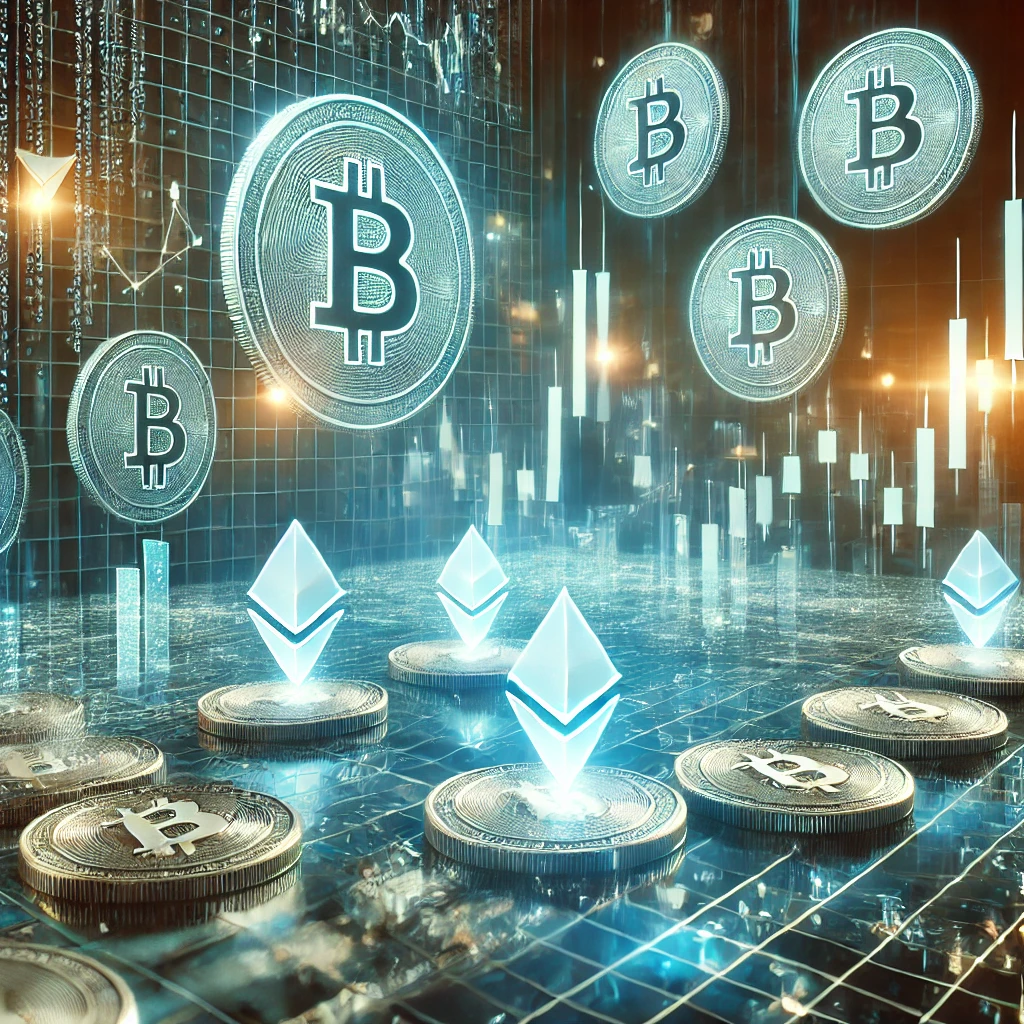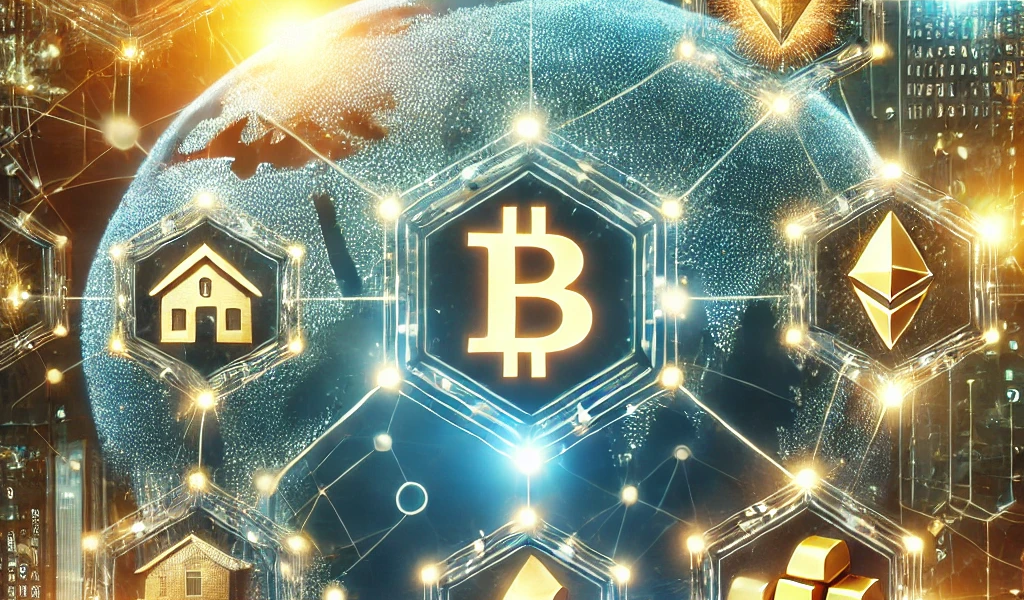The Future of Money: Tokenization of Asset Ownership
How Tokenization is Revolutionizing Asset Ownership
The financial world is undergoing a radical transformation, and at the heart of this evolution is tokenization—the process of converting real-world assets into digital tokens on the blockchain. Tokenization is reshaping how people invest, trade, and own assets, from real estate and commodities to stocks and art.
What is Tokenization?
Tokenization converts physical or financial assets into blockchain-based tokens, which investors can securely trade, divide, or transfer. These tokens function as digital certificates of ownership, leveraging blockchain’s transparency, security, and efficiency.
For example, instead of requiring millions to buy an entire commercial building, real estate tokenization allows investors to purchase fractional shares, making high-value assets more accessible.
Why Tokenization is the Future of Finance
Tokenization offers several advantages that will disrupt traditional financial systems: This is how Tokenization is Revolutionizing Asset Ownership.

✅ Increased Accessibility
Investors who lacked capital for high-value markets can now participate in fractional ownership of assets. This democratization of investment opportunities bridges the wealth gap and creates new financial inclusion pathways.
🔒 Enhanced Security and Transparency
Since blockchain records every transaction on an immutable ledger, fraud risk decreases, and trust increases. Smart contracts automate compliance, ownership transfers, and revenue distribution, reducing reliance on intermediaries.
💰 Greater Liquidity
Traditionally illiquid markets, such as real estate or fine art, require months or years to complete a transaction. With tokenization, investors can trade these assets instantly on blockchain-based exchanges, unlocking new liquidity potential.
🌍 Global Investment Opportunities
Tokenized assets eliminate geographic barriers, allowing investors worldwide to buy, sell, or trade assets seamlessly. This shift will transform industries such as real estate, private equity, and venture capital, making them more accessible to a broader audience.

Industries Disrupted by Tokenization
Several sectors are already seeing major shifts due to tokenization:
- Real Estate: Platforms like RealT and Lofty.ai enable investors to buy fractional shares of income-generating properties.
- Stock Markets: Traditional equities may move from centralized exchanges to blockchain-based systems, offering faster settlements and lower costs.
- Art & Collectibles: High-value collectibles, including NFTs, allow shared ownership of rare digital and physical assets.
- Commodities: Gold, silver, and agricultural assets now have digital representations, giving investors direct access to hard assets.

Regulatory Challenges and the Road Ahead
Despite its potential, tokenization faces hurdles, particularly in regulation. Governments and financial institutions continue working to classify and regulate tokenized assets. Clearer regulatory frameworks will determine whether tokenization flourishes or stagnates under legal uncertainty.
Final Thoughts: Is Tokenization the Next Big Investment Opportunity?
The rise of tokenization signals a fundamental shift in the financial ecosystem, redefining asset ownership and investment for generations to come. While regulatory challenges remain, the potential for increased liquidity, accessibility, and efficiency makes tokenization a trend investors cannot ignore.
Are you ready to embrace tokenized assets in your investment portfolio? Let’s discuss in the comments!
